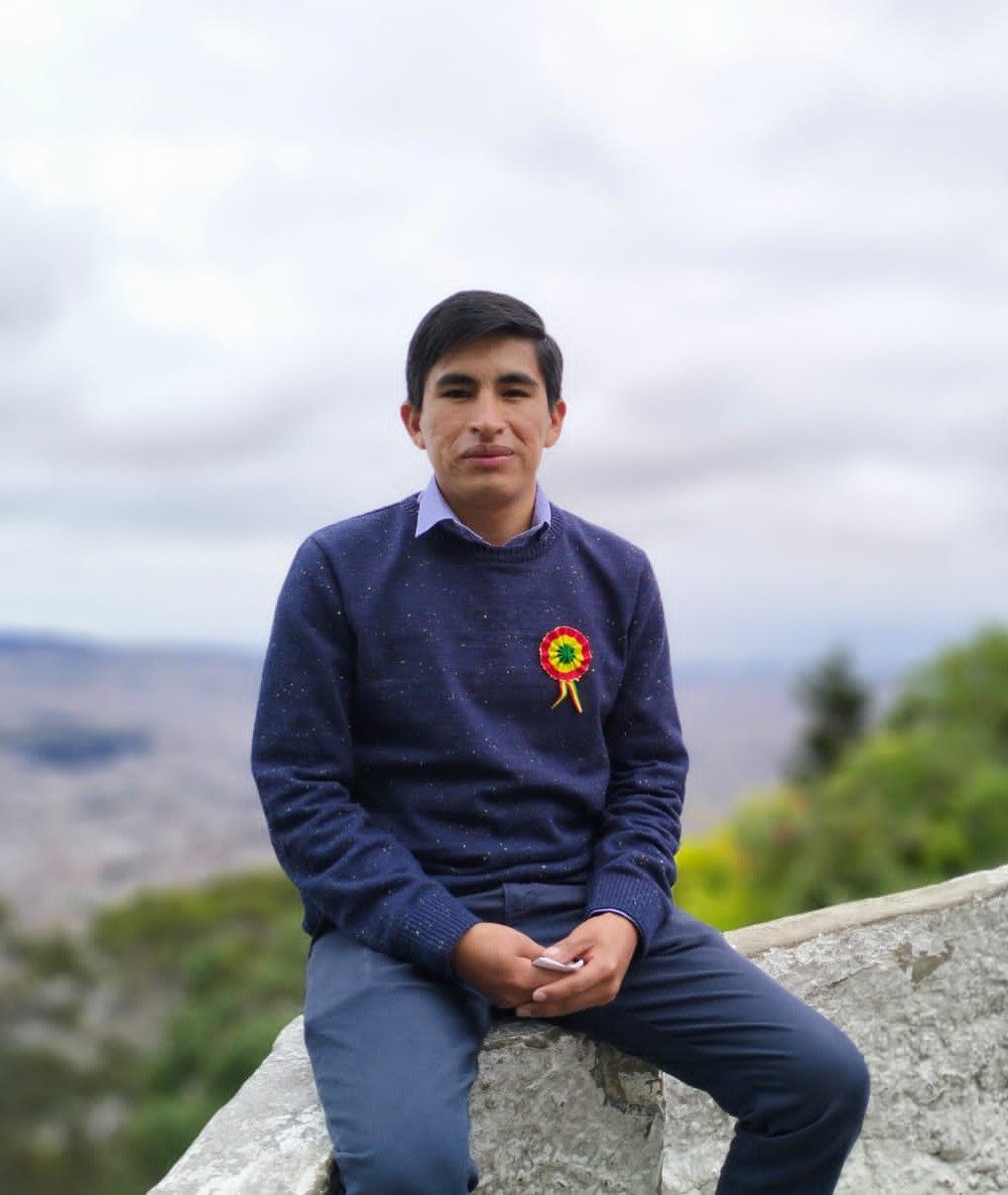Our future won’t be half-financed
Funding for youth, not for debt or the global elite
30 June 2025Young people can lead transformation and a better future – but this work needs to be financed, writes young Bolivian activist Walberto, 23.

I’m Walberto, a young Bolivian and activist for sexual and reproductive rights. I write from a region deeply marked by inequalities: Latin America and the Caribbean. From where I am, the global outlook feels more than worrying, it feels unfair.
My commitment to this cause comes from years of working in rural communities with adolescents and youth. I have witnessed firsthand how the gaps in access to health, education or participation affect the hardest those who already face multiple forms of exclusion: girls, indigenous youth, rural women. I understand that it is not enough to affect local processes if we do not also influence the spaces where the big decisions are made.
A critical moment in time
Today we are going through a critical moment. Crises are intertwined: climate change is advancing relentlessly, human rights are regressing, foreign debts are drowning our countries, and Overseas Development Assistance (ODA), instead of being strengthened, is being reduced. This reality is a direct blow to the youth of the Global South, and especially to those of us who defend the rights of girls, adolescents, and young people.
More than 45 countries spend 15% or more of their government revenues on external debt repayments, significantly reducing the resources available for essential services such as health, education and protection.
In this context, the Fourth International Conference on Financing for Development (FfD4) is a historic opportunity to change course. But it is not just a matter of promises: we demand real commitment, starting with the implementation of the target of allocating 0.7% of the Gross National Product of developed countries to ODA. This commitment has not been fully met since its inception. And today, when it is most needed, it has been reduced to less than half.
We are not asking for charity. We demand economic justice as a basic condition for ensuring gender, climate and social justice.
Decisions taken at FfD4 will have intergenerational impacts. As young people, we cannot accept our future being mortgaged by a global financial system that prioritises debt repayment over access to health, education or political participation.
Young people calling for change
We call for urgent reform of international financial architecture, today dominated by the interests of global elites. We need more democratic, representative institutions with clear rules for fair debt restructuring. We also call for a Framework Convention on Sovereign Debt under the leadership of the United Nations, with a focus on human rights, gender equality and sustainability.
“We are not asking for charity. We demand economic justice as a basic condition for ensuring gender, climate and social justice.”
Walberto
The youth of the Global South not only denounce this injustice: we also build alternatives. In our communities we lead transformation initiatives, we promote advocacy processes, we take care of our communities and environment, we generate proposals. But without adequate resources, our efforts will not reach the scale that the moment demands.
Our demands for the future
For this reason, we demand direct, flexible, accessible and multi-year funding for organisations led by young people and women. We want to eliminate barriers such as the digital, legal and linguistic exclusion that prevent us from accessing funds. We want decisions that include us, not ignore us.
If you don’t invest in youth today, you are investing in more exclusion, more inequality, more crises. But if you prioritise our organisations, our voices, you are betting on a more just, equitable and sustainable future.
Gender justice is not possible without economic justice, and no development will be sustainable if it leaves out the 1.8 billion young people who live in the world today.
From Latin America and the Caribbean, from Bolivia, from the heart of rural youth, we raise our voice in FfD4.
Our message is clear: Our future won’t be half-financed! We demand funding tailored to the needs of young people!


